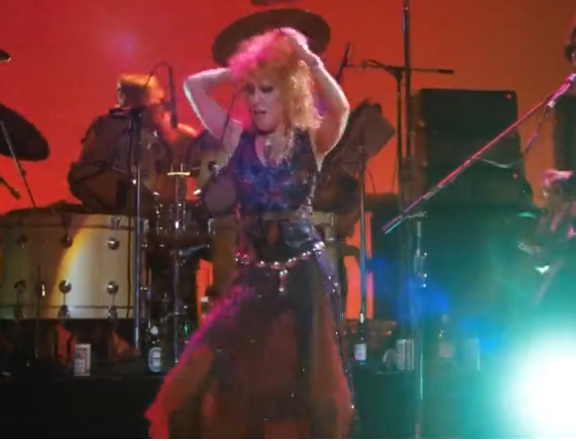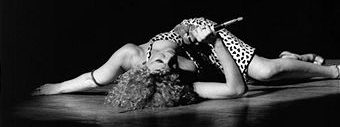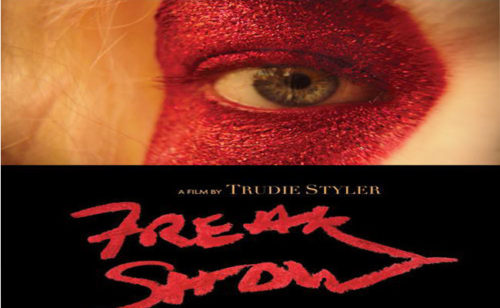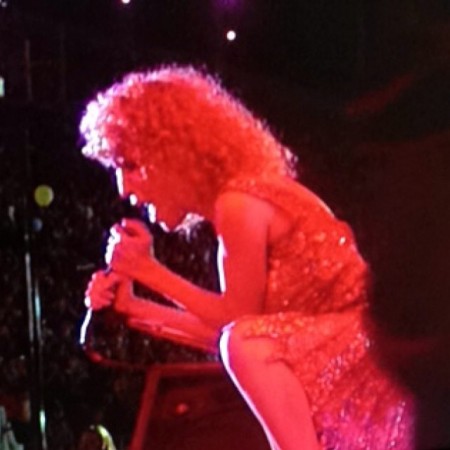Le Monde
“The Rose”, on TCM Cinema: and Bette Midler almost became Janis Joplin
By Thomas Sotinel
June 20, 2024

We have been waiting for the filmed biography of Janis Joplin, promised by Hollywood, since her death on October 4, 1970, at 27. Perhaps a very simple reason for this impotence: it has already inspired a film, The Rose, by Mark Rydell, in which Bette Midler plays a southern singer caught up in the hippie revolution and show business, crushed by fame and addictions.
This beautiful film should have been called “Pearl,” Janis Joplin’s nickname (and the title of her final album). When her family refused to grant the rights to her biography, the screenwriters unscrupulously distanced themselves from reality. Hence, there is an incongruous but fruitful confrontation between the figures of Hollywood melodrama and rock culture.
Mary Rose Foster (Bette Midler) is at the height of her fame. She draws crowds to her concerts and sells records by the hundreds of thousands. Rose—as her worshipers call her—is forced to work like hell in the hands of a British manager obsessed with the evanescence of glory (Alan Bates). To support herself, she can resort to the most expensive, the most illicit substances since she has money and represents a generation that no longer observes the law.
Tragic Diva
We know that all this will end very badly, nonetheless; We begin to dream that Rose will escape her destiny in the arms of a driver who could lead her to salvation (Frederic Forrest). It is a marvel of this film to have transformed Bette Midler—a cabaret singer who had already taken artifice to a hilarious and exhilarating degree of sophistication—into a poor thing who bellows the blues to stay alive.
In 1978, at the time of the filming of The Rose, Bette Midler was a star thanks to shows which first transported the New York gay community – during a visit to a transvestite cabaret imitating Diana Ross, Barbra Streisand and Mary Rose Foster, a sequence from Rydell’s film becomes a kind of acknowledgment of debt to these first fans.
The diva chooses to stick to reality, to abandon herself to the tragedy of the fallen woman, and Bette Midler is overwhelmingly fragile. We see her face fall when she is insulted by a country singer (Harry Dean Stanton, impeccable with pettiness) to whom she has come to pay homage. We see her exult when crowds flock to the stage to hear her sing during almost documentary-like concert sequences.
The musical supervision of Paul A. Rothchild (1935-1995) completes the illusion of dealing with a real rock star who relies on a real repertoire, from which The Rose stands out, a somewhat simple ballad that Bette Midler transforms into an elegy to all those young people who did not survive the summer of love.






